Open letter about EU’s assessment of GM animals
27.01.2012 15:09:16
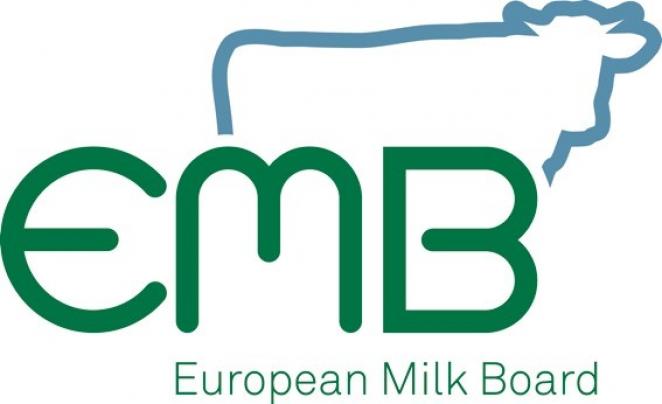
27 January 2012
CC: Commissioners Ciolos, Potocnik, Damanaki
Dear Commissioner Dalli,
We observe, with concern, that the European Food Safety Authority has published the technical guidance to start authorisations for food derived from genetically modified (GM) animals, including cows, pigs, fish and bees.1 We are writing to raise our concerns about the lack of public debate or appropriate assessment of the impacts of such developments and for you to intervene to halt these preparations.
We represent environmental, animal welfare, food producers and processors associations, family farmers and breeders, consumer co-operatives (retailers) as well as organic farming and food processors organisations and we would like to raise the following concerns:
1. Consumer attitudes: The majority of EU citizens are consistently concerned about GM foods. In the 2010 Eurobarometer survey 66 per cent of European citizens were concerned about GM food (Eurobarometer 354, 20102). Even in the US the decision to authorise GM salmon is highly controversial and has so far been blocked. Importantly, cloning can be used during the production of genetically engineered animals. Public concern about food derived from cloned animals is even higher than for GM food. 84 per cent of EU citizens were most concerned that the EU did not know enough about the long-term health and safety effects of using cloned animals for food (Eurobarometer 238, 20083). These clear concerns amongst European citizens about GM food need to be considered before the European Union begins any process to consider the approval of such foods derived from GM animals, either imported or produced within the EU. To listen to their needs and expectations would be a way for EU Institutions to be closer to its citizens, thereby ensuring a true democratic participation.
2. Animal welfare concerns in the development and production process: The creation process for GM animals is inherently wasteful of animal life. A large number of animals are used to provide sufficient eggs or embryos for genetic manipulation or cloning, and to act as recipients for the manipulated embryos. The ethical implications of such wastage need to be acknowledged. In addition the procedures used to create GM and cloned animals can cause pain, suffering and distress to both the animals used during the creation process and those created by it. Genetic modification can also have a deleterious effect on animal welfare. There could be additional problems when animals are subsequently maintained in a less well defined or controlled environment than that of the laboratory or experimental farm. At present there are no studies looking at the health and welfare of GM animals past the point of production. It is also known that the genetic modification is being done to further increase production rates which can only aggravate existing animal health and welfare concerns.
3. Environmental impacts: Experience gained since the introduction of GM plants shows that their users and developers have found them impossible to contain, resulting in more than 330 cases of contamination with GM crops reported by December 2011. The difference between plants and animals is that obviously animals per se can move, thereby increasing the risks of non-containment and contamination.
Scientific literature on GM salmon underlines the threats for native salmon populations. This issue is illustrated by a paper in the Proceedings of the National Academy of Sciences that states a release of just 60 GM fish into a wild population of 60,000 would lead to the extinction of the wild population in less than 40 fish generations. Additionally GM salmon have been found to be more aggressive during food shortages, out-competing wild salmon Research from the Canadian department of fisheries on a related Coho salmon (Oncorhynchus kisutch) also found that when food is scarce GM salmon are more aggressive in finding food, which could lead to a collapse in wild salmon populations. GM salmon even resorted to cannibalism when food is low.5 There are therefore significant risks from introducing GM animals into the environment that need to be examined as part of a wider societal assessment.
4. Socio-economic impacts: As well as consumer and environment issues, it is vital that the impacts on the livestock, breeding, fishery, food-processing and retailer sectors are also fully investigated. The Intellectual Property Rights which could be applied to these animals and their offspring are a major threat for farmers and consumers independence towards the agro-industry. For example, in the USA farmers using GM seeds have lost their rights to save seeds, similar developments could be expected for the cattle farmers, if GM cows would be introduced. Faced with contamination incidents of GM crops across continents, the food sector has either received no compensation at all, or in other cases started expensive legal challenges, for example, contaminated rice farmers in the USA.6
We therefore demand that the drafting of technical guidance stops until a broad assessment with all stakeholders has taken place to decide whether or not food products derived from GM animals are wanted within the European Union.
As steps forward we would strongly recommend that the Commission:
conducts a full cost-benefit analysis and a long term sustainability assessment as outlined in Directive 2001/18
facilitate a meaningful and transparent public debate to ascertain the societal need for such products
based on the results, determine the need for guidance from EFSA and the European Commission, to identify potential risks and hazards and adequate scientific methods for risk assessment.
use the results of these assessments to frame the next political steps to decide whether to permit or not the further development of GM animals.
We hope that you will consider seriously our concerns and take forward our recommendations.
Contact
Yours sincerely,
Andrea Ferrante and Josie Riffaud, responsible of the axis "Mode of Production and Access to the Resources" in the Coordinating Committee of the European Coordination Via Campesina
Rodrigo Gouveia, Secretary General of Euro Coop
Sonja Van Tichelen, Director, Eurogroup for Animals
Romuald Schaber, President of European Milk Board
Agnieszka Komoch, Acting Director Friends of Earth Europe
Marco Schlueter, Director of IFOAM EU Group
Christoph Then, Executive director, Test Biotech
Latest Sustainability Policy news
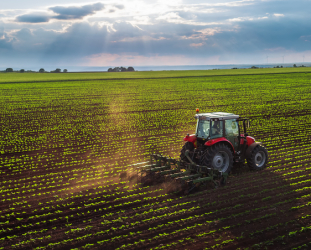
Euro Coop Joins +140 Organizations in Urgent Call to Preserve EU Green Measures
Euro Coop stands alongside 140+ civil society organisations in a crucial plea to EU...
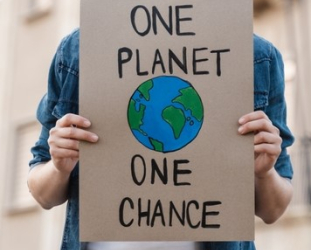
EU Overshoot Day - Euro Coop urges EU leaders to tackle the nature, climate and pollution crises
Today marks the EU’s overshoot day, signifying that if global consumption mirrored EU...

Manifesto for agricultural transition to address systemic climate crises
Euro Coop, together with 12 civil society organisations call on the European Institutions to...
Latest Sustainability Policy stories
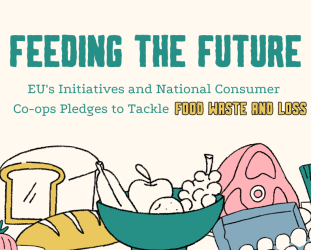
Euro Coop's New Publication: Addressing the Global Food Waste Crisis on International Day of Awareness
On the occasion of the 2023 International Day of Awareness on Food Waste and Loss, Euro Coop...
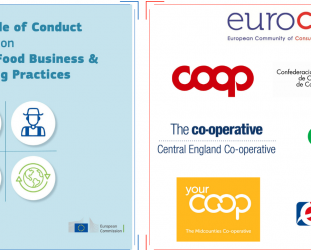
Press Release: EU Code of Conduct
Today, the European Commission unveiled the long-awaited EU Code of Conduct on Responsible...
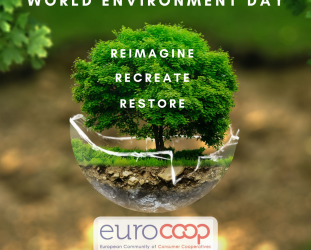
World Environment Day 2021
This year’s World Environment Day marks a perfect opportunity to...

